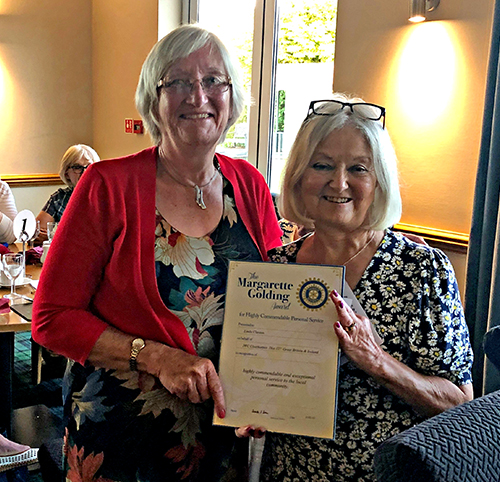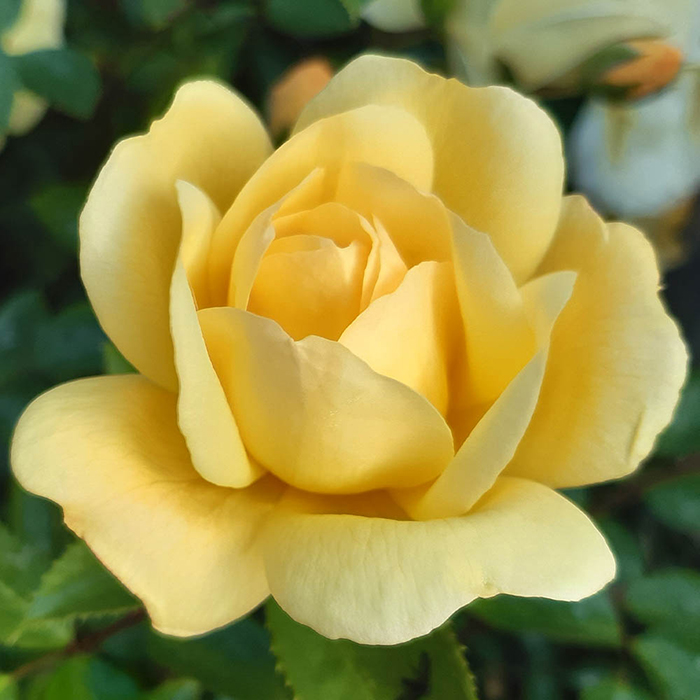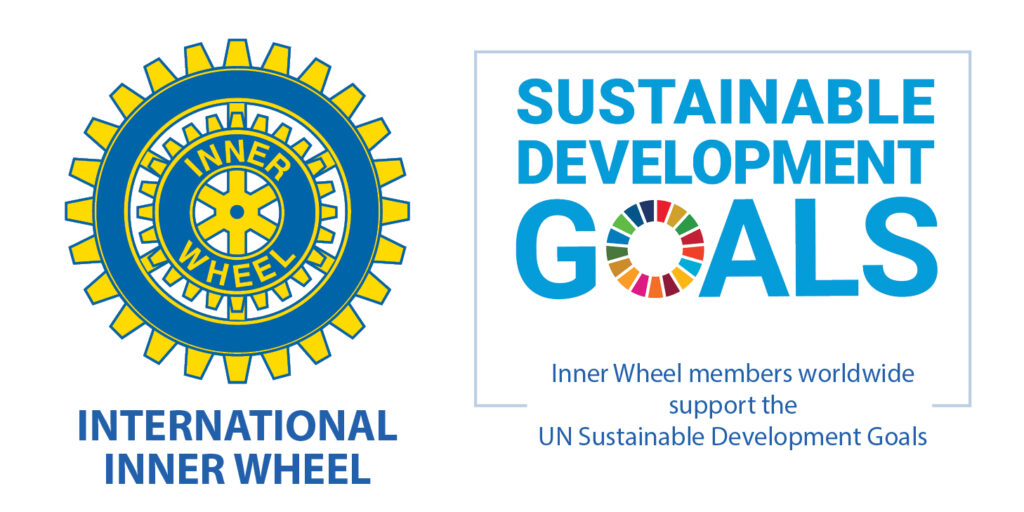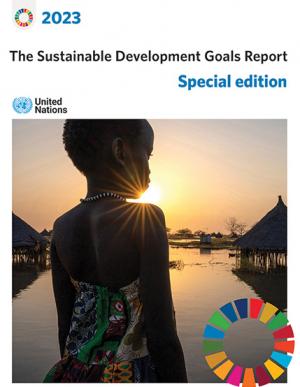Inner Wheel celebrated 100 years of friendship and service with the founding of the first Inner Wheel Club in Manchester on 10 January 1924.
The 19th International Inner Wheel Convention was held in Manchester from 7th to 10th May 2024
The Margarette Golding Award
This special honour by International Inner Wheel is given to a person in recognition of highly commendable personal service in a community, involving a great deal of commitment regularly over a long term or great personal sacrifices for the benefit of others. The high standard set for the award makes it highly regarded. Please fill in this MGA form to nominate a candidate of your choice, and submit through an Inner Wheel Club, District or National Governing Body.

Linda Clayton receives Margarette Golding Award
Linda Clayton began supporting the local Women’s Aid nearly 20 years ago, initially as part of the Board of Trustees, and has been helping by giving her support ever since. Read more.

The Margarette Golding Rose
The Rose has been developed to mark the centenary of Inner Wheel. Its development was initiated by Past Association Presidents Zena Coles and Thelma Pacsoo, bred by Philip Harkness of Harkness Roses, and launched at the Chelsea Flower Show on 25 May 2023. Read more about the launch.
IIW holds consultative status in the United Nations
Member Clubs provide information on their projects which support the UN commissions, particularly on UN’s Sustainable Development Goals concerning Human Rights, Rights of the Children, Conditions of Women, the Family and the Elderly, and Substance Abuse, focusing on Health, Education, Empowerment and Opportunity. Six Inner Wheel representatives in the UN follow and assist the work sessions of these commissions. This is the advocacy, the work and recognition of International Inner Wheel since 1972. We share this compelling United Nations video.


Martine Gayon, the IIW UN Representative in New York gives a summary of the Sustainable Development Goals Report 2023 (Special Edition). Click to read.
“Unless we act now, the 2030 Agenda will become an epitaph for a world that might have been.”
Antonio Guterres, Secretary-General, United Nations.